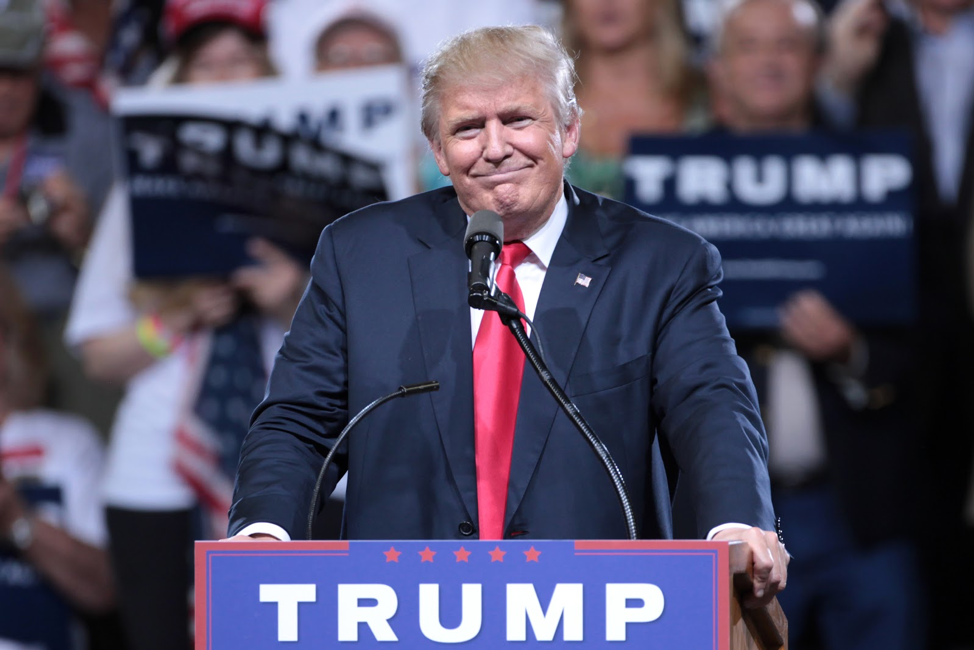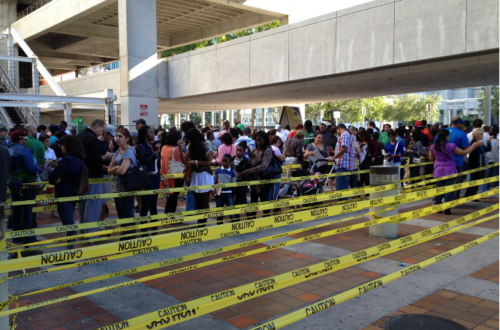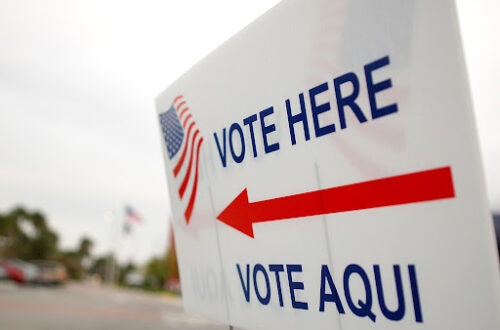As President Donald Trump looks to make his final stops in key swing states such as Florida, his campaign events have been met with criticism and concern from voters amid the coronavirus pandemic. One such instance occurred just days before Trump’s rally at the Ocala International Airport on Friday, Oct. 16.
Trump was scheduled to speak to a crowd of thousands of supporters, and wearing a mask was recommended but not required. Marion County and Florida state guidelines do not currently limit the number of people in gatherings.
The most significant backlash came in the form of a lawsuit from Marion County resident Chanae Jackson. Jackson’s two children were diagnosed with COVID-19 in July, and the lawsuit cited the recent spike in COVID-19 cases as reasons why the Trump rally should be halted. Attorney Daniel Uhlfelder helped file the Marion Country case and several similar cases opposing Trump’s events in Florida.
Trump’s recent coronavirus diagnosis had also been a point of concern for those who have opposed the rally. The lawsuit stated that “Trump’s appearance while infected – in defiance of his own experts’ guidance – will embolden hundreds of his supporters to attend unmasked and undistanced and could lead to more infections in Marion County.”
The lawsuit was brought before Judge Edward L. Scott, who denied it on Oct. 15, one day before the rally was scheduled. In the court order, Scott wrote that “there were no sworn allegations that Jackson will suffer immediate and irreparable injury, loss, or damage if the injunction is not granted on an ex parte basis.”
Additionally, Scott acknowledged that although the lack of coronavirus protocol at Trump’s events “could potentially increase the risk of spreading the COVID-19 virus, the plaintiff has failed to provide this court with any legal authority requiring the attendees to do so.”
Support for the rally has also poured in following the lawsuit as members of Trump’s base claimed that impeding the event would be a violation of Trump’s First Amendment rights.
Resident Michael Saxe stated “Without a doubt this is a freedom of speech situation. If people want to go and they are concerned, they can wear masks. If they are really concerned, they don’t have to go.”
Uhlfelder filed for an emergency motion for a rehearing following the denial, but the motion was rejected due to the lack of time before the rally was to be held.
The motion was supported by an affidavit from Dr. Ron Staff of the Florida State University College of Medicine who stated that “the OIA Rally is likely to be injurious to the health of many Marion County and Florida citizens and potentially Chanae Jackson.”
After the rejection, Uhlfelder told the Ocala Star Banner that he felt disappointed but appreciated the judge’s acknowledgment of the dangers present. Uhlfelder stated “I felt we should’ve been heard,” and that he is “praying for the people of Marion County.”
With over 10,000 reported cases of COVID-19, Marion County is in the top 20 counties with the most cases in Florida. The recent spike in cases and deaths across the state has also led to the criticism of Trump’s in-person rallies and lenient COVID-19 policies as election day looms closer.
Featured image: President Trump at a rally in 2016. Unmodified photo by Gage Skidmore used under a Creative Commons license (https://bit.ly/2GjrFeA)
Check out other recent articles from the Florida Political Review here.





